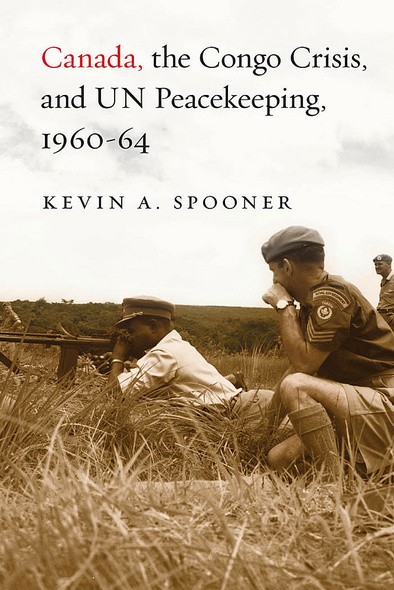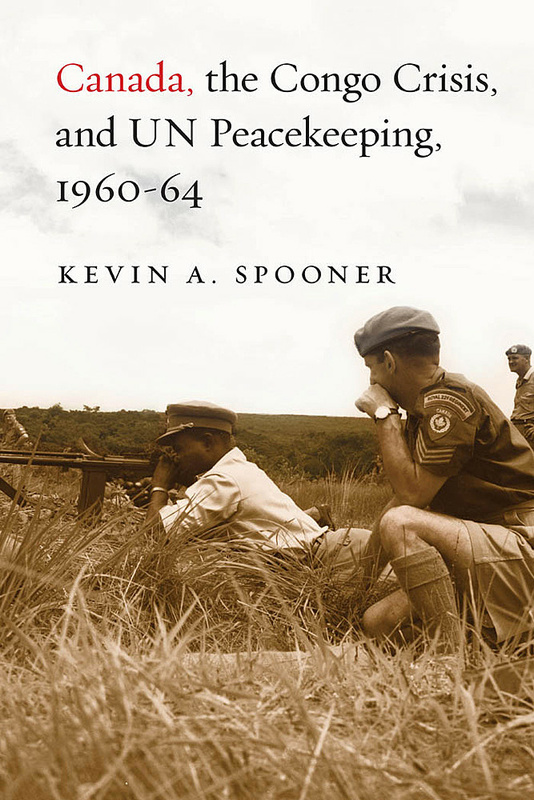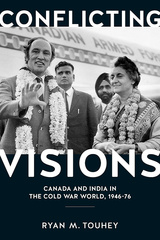
In 1960, the Republic of Congo teetered near collapse as its first government struggled to cope with civil unrest and mutinous armed forces. When the United Nations established what became the largest peacekeeping operation of the Cold War, the Opération des Nations Unies au Congo, the Diefenbaker government in Canada faced a difficult decision. Should it support the intervention?
Canada, the Congo Crisis, and UN Peacekeeping, 1960-64 shows that Canada’s involvement in the peacekeeping mission was not straightforward. As policy makers pondered Canada’s relationship with Africa, Canada became enmeshed in a complex web of foreign and defence policy determinants: domestic politics, commitments to NATO, the politics of decolonization, the Cold War, the increasingly interventionist nature of the mission’s mandate, and Canadian attitudes about the use of force. The Canadian government hesitated to heed the UN’s call, and its serious, ongoing reservations about the mission challenged cherished notions of Canada’s commitment to the UN and its status as a peacekeeper.
This book explores an overlooked episode in Canadian international relations and offers one of the first detailed accounts of Canadian experiences in UN peacekeeping. It will appeal to those interested in Canadian foreign policy and relations with Africa in particular and the Congo crisis and United Nations peacekeeping more generally.
Awards
-
2009, Winner -
C.P. Stacey Award for scholarly work in Canadian Military History
This is a complex story involving a large cast, whose individual and collective conduct are often questionable and whose motivations are almost invariably contradictory and self-interested. In this definitive study, Spooner meets the challenge of presenting such a thorny subject clearly and persuasively. This is a superb book on a difficult topic that tells us much about UN peacekeeping and Canada’s part in it.
The Congo crisis was seen as a major issue in its day and remains an important historical event. Spooner’s treatment of some of the major participants and of certain episodes, notably the suppression of the Katanga revolt, are grist for discussion and debate. Moreover, his analysis suggests some reconsideration of the Diefenbaker government’s handling of foreign policy, and of the motivation for peacekeeping.
Introduction
1 Prelude to Crisis: Setting the Stage for Canadian Involvement
2 Decision Time: Diefenbaker and the Dispatch of Peacekeepers
3 Deployment: Trials and Tribulations in ONUC’s Early Days
4 Constitutional Crisis: Peacekeeping in a Political Vacuum
5 Continued Chaos: Balancing Peacekeeping and Politics
6 The Challenge of Katanga: Peacekeeping and the Use of Force
7 Preparing for Withdrawal: ONUC’s Final Months
Conclusion
Notes
Bibliography
Index





